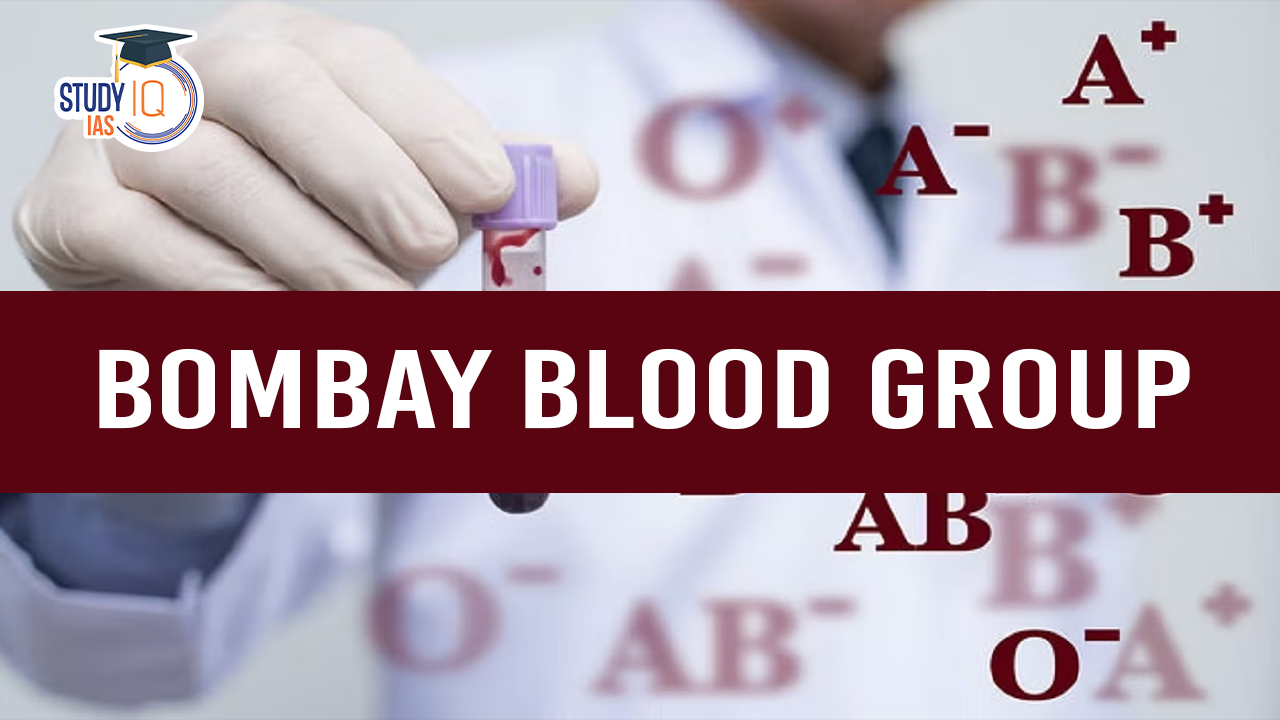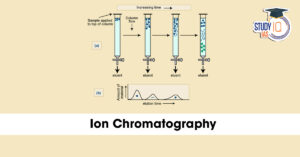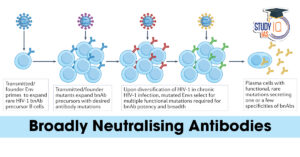Table of Contents
Context: Recently doctors at MIOT International, Chennai, successfully performed a cross-blood kidney transplant on a 30-year-old male with the rare Bombay blood group (HH blood group).
About Bombay Blood Group
It is a rare blood group, 1st discovered in Mumbai in 1952 by Y.M. Bhende. It is scientifically known as the hh phenotype and is extremely rare, found in about 1 in a million people worldwide, but more commonly in India and South Asia.
Prevalence
- 1 in 4 million globally (~0.0004%).
- 1 in 1 million in Europe.
- 1 in 10,000 in Mumbai.
Why Is the Bombay Blood Group Unique?
- Normal individuals have the H antigen, which forms the base for A and B blood antigens.
- Bombay blood group individuals lack the H antigen due to a gene mutation, preventing the formation of A or B antigens.
- As a result, they cannot receive blood from any ABO blood group, including the O group, which contains the H antigen.
- Only another Bombay blood group donor can provide a compatible transfusion or organ.
People with this blood group need to sign up for rare blood donor registries to guarantee availability during emergencies. Since many hospitals and blood banks do not typically test for the Bombay Blood Group, raising awareness and actively identifying donors is vital.


 Advanced Air Defence Radars: Types, Comp...
Advanced Air Defence Radars: Types, Comp...
 Ion Chromatography, Working and Applicat...
Ion Chromatography, Working and Applicat...
 Broadly Neutralising Antibodies (bNAbs):...
Broadly Neutralising Antibodies (bNAbs):...

























